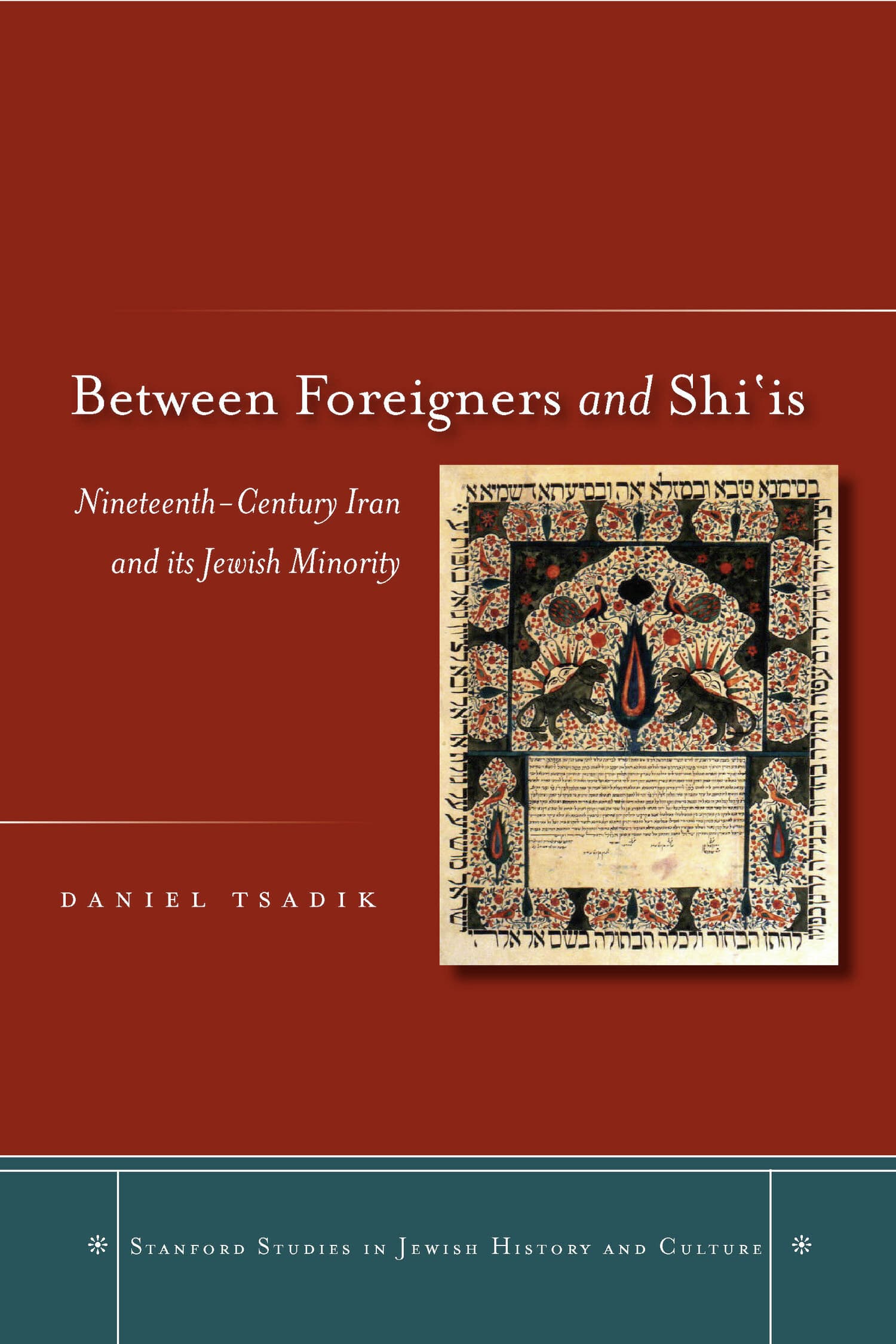Dust That Never Settles

Lasting from September 1980 to August 1988, the Iran-Iraq War was the longest conventional war fought between two states in the twentieth century. It marked a period that began just after a revolutionary government in Iran became an Islamic Republic and Saddam Hussein consolidated power in Iraq. It ended with both wartime governments still in power, borders unchanged, yet hundreds of thousands of people dead. Neither side emerged as a clear victor, but both sides would eventually claim victory in some form.
Dust That Never Settles considers how Iraqi and Iranian writers have wrestled with representing the Iran-Iraq War and its legacy, from wartime to the present. It demonstrates how writers from both countries have transformed once militarized, officially sanctioned war literatures into literatures of mourning, and eventually, into vehicles of protest that presented powerful counternarratives to the official state narratives. In writing the first comparative study of the literary output of this war, Amir Moosavi presents a new paradigm for the study of modern Middle Eastern literatures. He brings Persian and Arabic fiction into conversation with debates on the political importance of cultural production across the Middle East and North Africa, and he puts an important new canon of works in conversation with comparative literary and cultural studies within the Global South.
—Nasrin Rahimieh, author of Iranian Culture: Representation and Identity
"Amir Moosavi's command of Arabic and Persian allows him to assemble a wartime archive otherwise inaccessible to scholars of Iraqi or Iranian literature, thus accomplishing the first thorough comparative presentation of the literature of the Iran-Iraq war. Dust That Never Settles is a must-read for anyone interested in the fraught relationship between wartime official narrative and the collective authorial agency that subverts it."
—Yasmeen Hanoosh, author of The Chaldeans: Politics and Identity in Iraq and the American Diaspora




